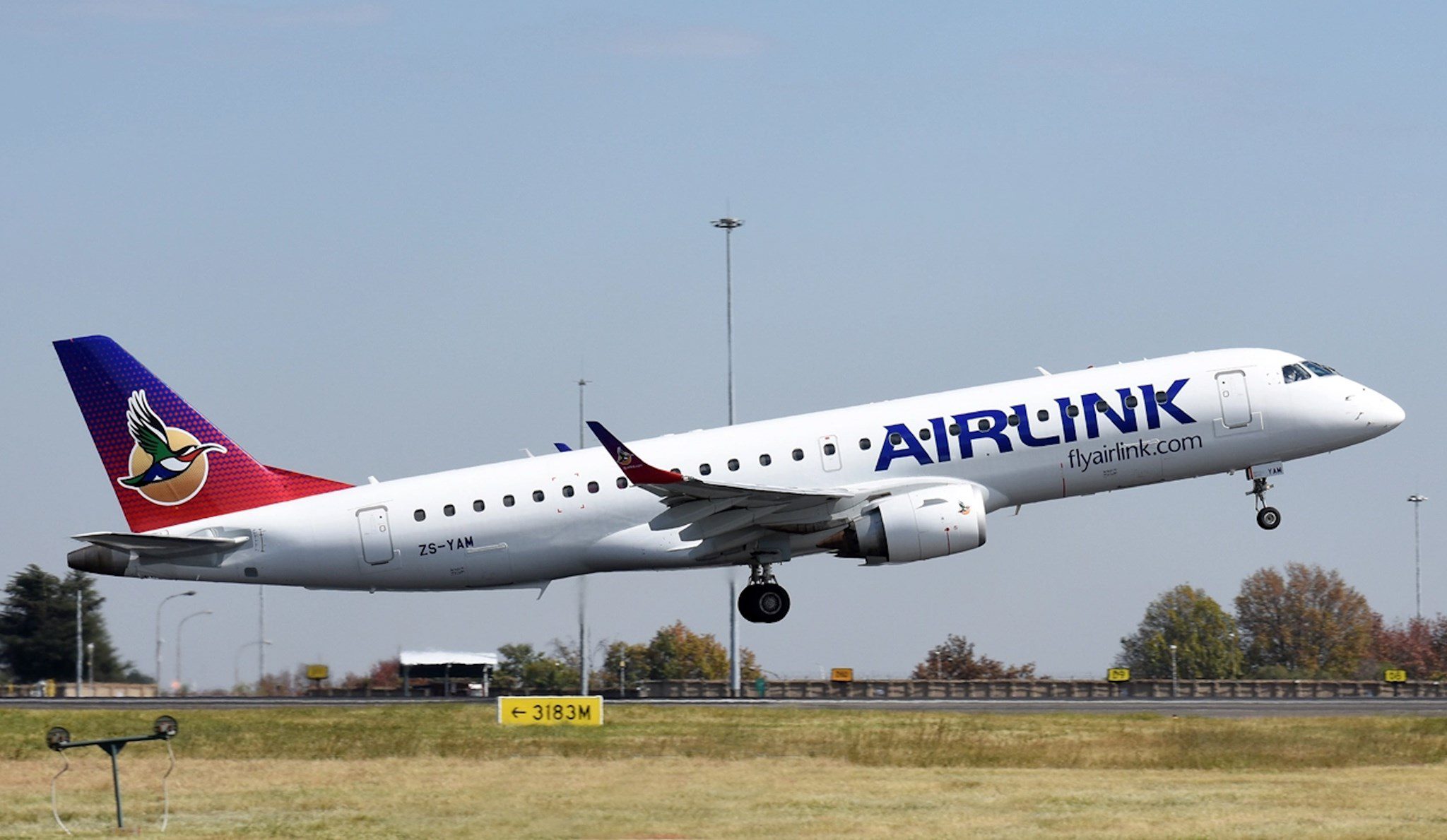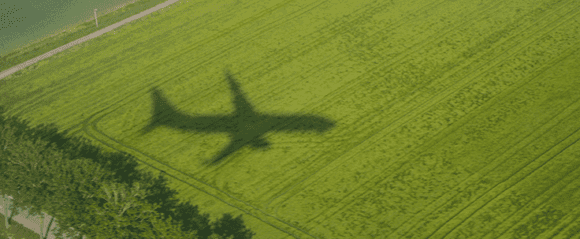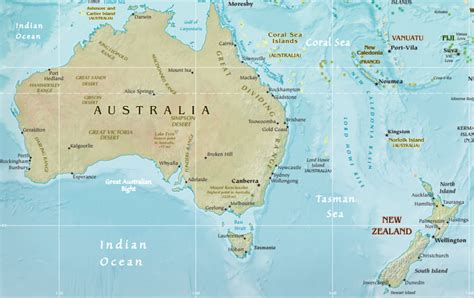
248705659 1929474254073455 8854507966927455701 n
South African airline Airlink has called on Madagascar to reopen its borders to airlines from South Africal. A Notice to Airmen (NOTAM) specifically mentions that all flights to and from South Africa are prohibited when Madagascar reopens on March 5 after two years of Covid-restrictions. Airlink calls on Madagascar to end ban on flights from South Africa.
The travel ban will be upheld for another three months. Airlink CEO and Managing Director, Rodger Foster, is disappointed that his country is excluded. “We have received significant interest from people in South Africa, the island nation, our neighboring countries, and in North America, who are keen to book tickets”, Foster said in a media statement. “This ban and absence of any explanation by authorities in Antananarivo will be a source of great frustration for them.” Continuing the ban for South African airlines will be a setback for trade between the two countries,
That’s why Foster called on the governments to solve this issue: “We are appealing to the governments of both countries to expeditiously resolve any issues and differences that may have led to this situation so that relations can be normalized and we can restore our usual air services connecting the two markets.”
Prior to the pandemic, Airlink operated flights between Johannesburg, Antananarivo, and Nosy Be. The airline is keen to resume those services to the island in the Indian Ocean as soon as the ban has been lifted. Especially the island of Nosy Be is a leading destination in Madagascar.
COVID-19 surge in Africa plateaus
After a six-week surge, Africa’s fourth pandemic wave driven primarily by the Omicron variant is flattening, marking the shortest-lived surge to date in the continent where cumulative cases have now exceeded ten million. As of January 11, there had been 10.2 million COVID-19 cases in Africa.
Southern Africa, which saw a huge increase in infections during the pandemic wave, recorded a 14 percent decline in infections over the past week. South Africa, where Omicron was first reported, saw a nine percent fall in weekly infections. East and Central Africa regions also experienced a drop. However, North and West Africa are witnessing a rise in cases, with North Africa reporting a 121 percent increase this past week compared with the previous one.
Across Africa, the World Health Organization is supporting countries to bolster genomic sequencing through training in key areas such as bioinformatics and specimen handling. The organization is also helping procure and deliver critical laboratory equipment and supplies to countries.
Views: 1



